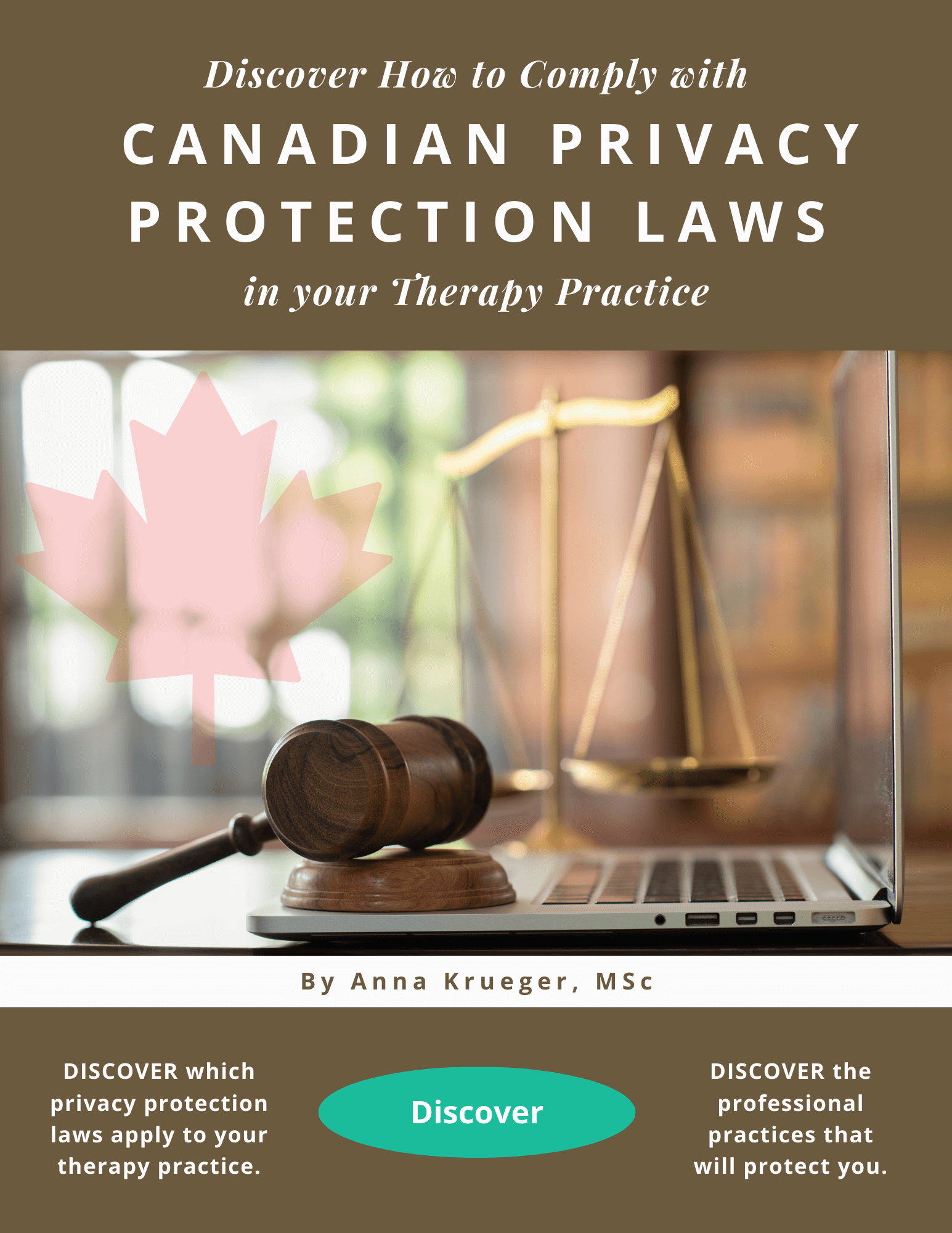
Online therapists need answers about privacy protection.
I'm no longer in clinical practice, but I have not forgotten my early years.
When I graduated as an SLP, I started working part-time for the Vancouver Health Department and I immediately started seeing private clients. It is fairly common for a speech language pathologist to be employed in more than one setting. Many SLPs have a private practice in addition to a public sector job.
My first boss at the health department was an experienced SLP who taught me about caseload management. Essentially, all the administrative skills that I was learning in my public sector job were directly applicable to my private practice. Obviously, things have changed.
If you want to excel at running a online therapy business, there is a lot to learn! Online therapists need answers.
In BC, the rules for staying legal in your public job are not the same as the rules for staying legal in your business. This website will help you discover the contrasts between the privacy protection laws for public employment versus private employment. If you don't have my free e-book yet, click on the image for more information.
I didn’t know there was a difference until 2018. From 2014 until 2018, I was running a telepractice business without much interaction with professional colleagues.
In 2018, I joined a telepractice interest group organized through Speech and Hearing BC. I was surprised that employees in government jobs were required to follow strict policies, such as storing people’s personal information only on servers in Canada. Was I breaking the law by using a telepractice platform hosted on a global server?
In researching this question, I learned that telepractice providers in other regions of Canada faced different legal requirements than I did as a business owner in BC. If you are searching for answers online, you might come across advice intended for Ontario’s health care providers. Be judicious. It might not apply to your situation.
Free 30-Minute Workshop for Private Practice Therapists!
- Discover the three biggest website mistakes made by private practice therapists
- Walk away with an understanding of the changes you need to make to your website
- Feel confident about being an entrepreneur, finally having a vision for a strategic website that will help you build your therapy practice
"After this workshop, I finally started thinking about the FUNCTION of my website, not just the look."
More of...
- Referrals
- Confidence
- Ease & Balance
Less of...
- Inefficiency
- Frustration
- Low Income

















